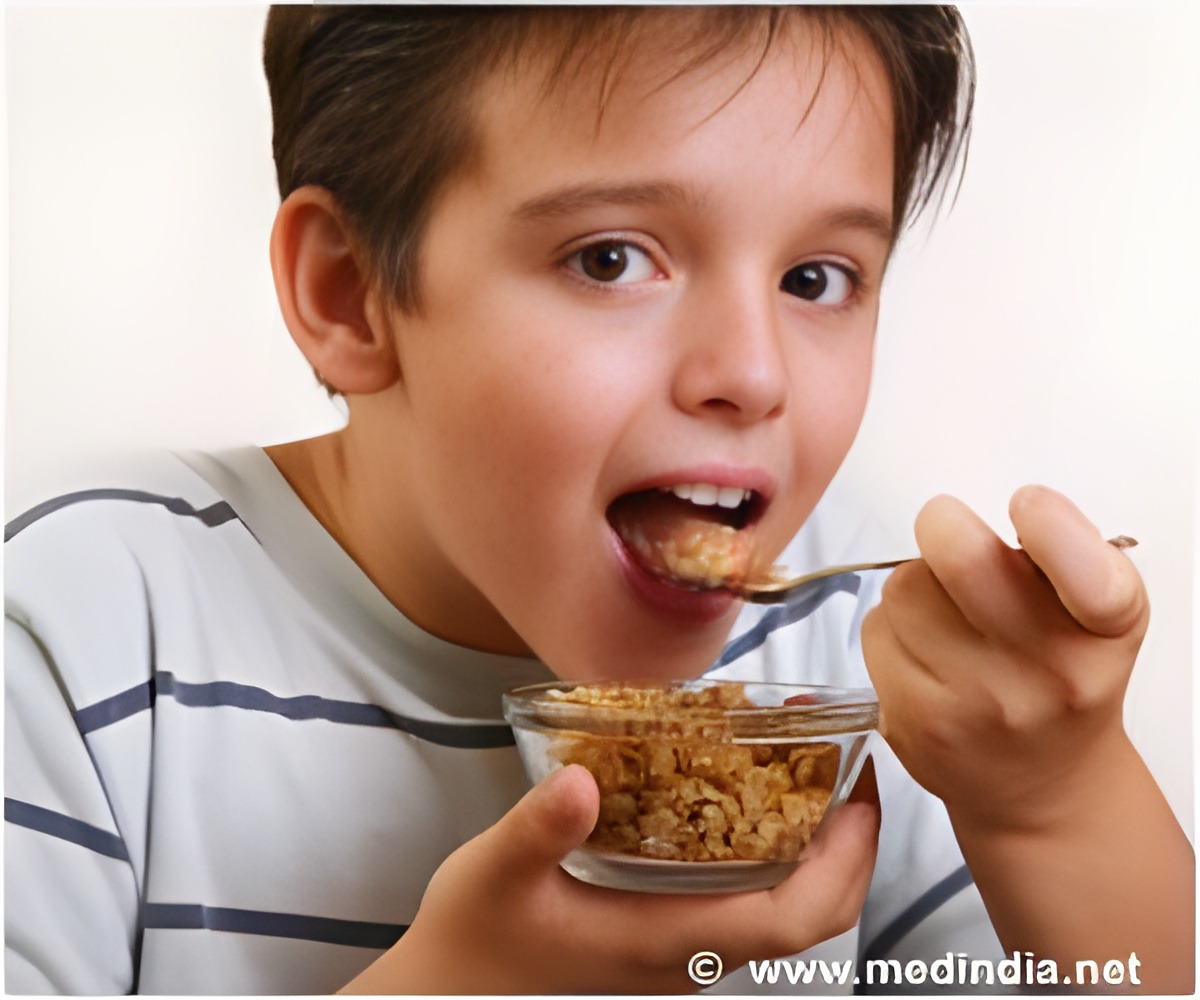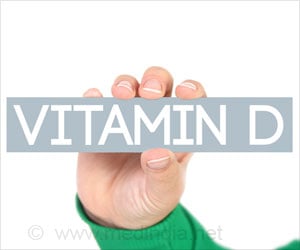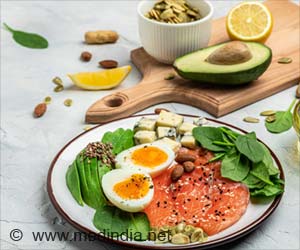
‘Research indicates that more attention and resources should be directed toward offering children smaller amounts of food and, specifically, fewer and less variety of energy-dense foods and pre-packaged items. ’
Tweet it Now
Lead researcher Dr Jessica Kerr said their study found children weren't greatly affected by container size, with food consumption mainly driven by the quantity/variety of snacks on offer. "There has been a popular push by nutritionists and public health officials towards replacing large dishware with smaller versions to nudge people towards healthier decisions," she said. "But we have found dishware size has very little effect on the amount of food consumed."
Dr Kerr said while the overconsumption of snack foods is an important contributor to obesity, most people do not recognise the impact it has on their calorie intake.
"Children and adults should only consume energy-dense snacks occasionally - they do not need to be part of daily energy intake," she said. "But the reality is that Australians typically get around 30-40 per cent of their energy intake from snack foods."
Dr Kerr said three times as many children in Australia are now overweight or obese compared to 30 years ago.
Advertisement
Dr Kerr said until now studies into snacking behavior were limited by self-reported data or small sample sizes.
Advertisement
For the study, participants ate during a 15-minute snack break between 20 other health assessments at the Child Health CheckPoint, which looked at the health of 1800 children, aged 11-12 years, and their parents across a variety of factors from physical activity to sleep.
The children and parents were given a snack box containing non-perishable items such as crackers, cheese, a muesli bar, biscuits, a tub of peaches and chocolate.
The quantity/number and variety of snack food items and the container sizes that the food was presented in varied. Children and parents ate separately and at different times.
Researchers recorded how much food each child and parent left in the box uneaten, and calculated the total grams and kilojoules consumed.
"Children who were offered more snack items consumed considerably more energy and a slightly higher food mass. Manipulating box/container size had little effect on consumption," she said.
The impact on adults was little, however Dr Kerr said adults were more aware that they were being observed and this may have impacted their eating behaviour.
Dr Kerr said further research should be done with parents and community leaders to better understand the use and purpose of snack food items in the face of time pressures, marketing, and child preferences.
"Although there is sometimes a place for snack items to bridge the gap between main meals, our results reinforce calls to educate parents and schools about appropriate snack items and amounts of food to offer children," she said.
"Interventions should not solely invest in reducing dishware size in the expectation that this will lead to reduced intake of snack foods."
Source-Eurekalert














